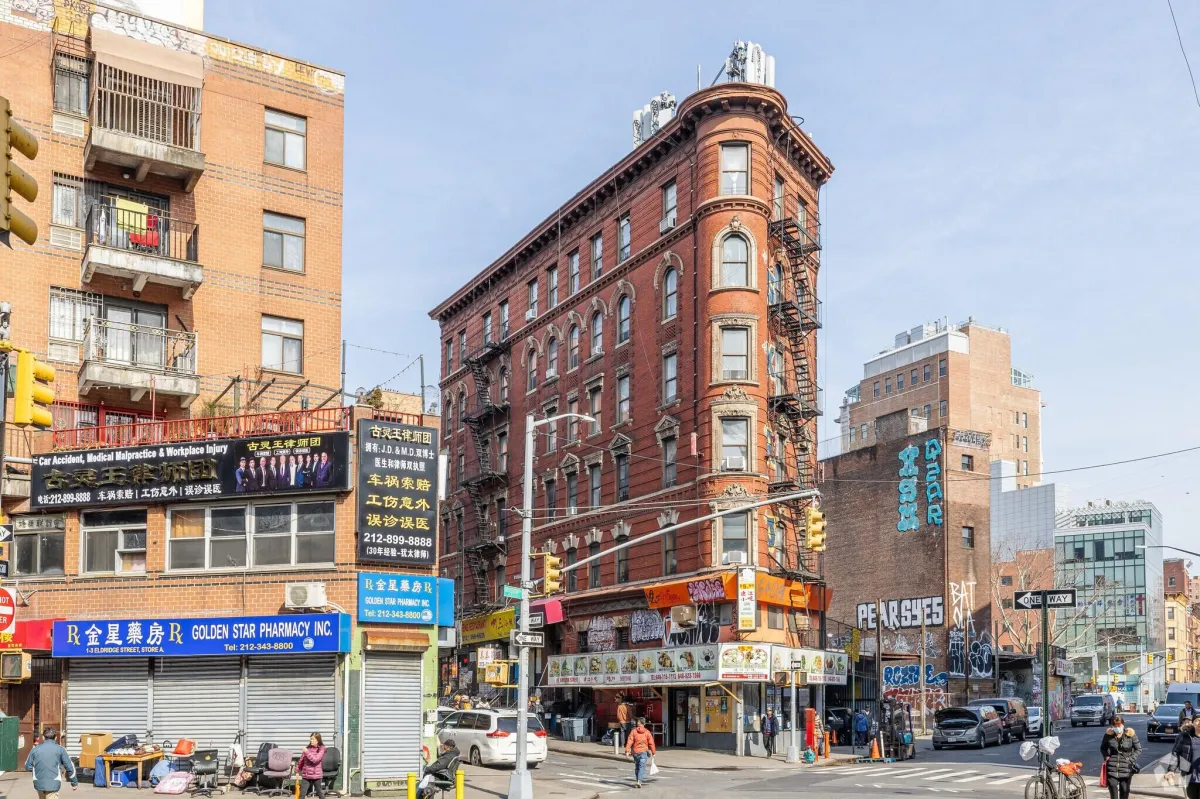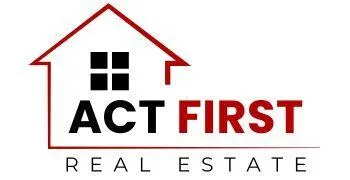
Chinatown
Welcome to Chinatown, Manhattan: A Vibrant Tapestry of Culture and History
Chinatown, a bustling and iconic neighborhood in Lower Manhattan, stands as a vibrant testament to Chinese culture and heritage in New York City. With its crowded streets, colorful markets, distinctive architecture adorned with traditional signage, and the aroma of authentic cuisine wafting from countless eateries, Chinatown offers an immersive and sensory experience unlike any other in Manhattan. Home to generations of Chinese immigrants and their descendants, this historic enclave is a thriving community that seamlessly blends tradition with modern urban life. If you are seeking an authentic cultural experience, delicious and diverse food, and a neighborhood brimming with history and energy, Chinatown is a must-visit destination.
A History Rich in Tradition and Resilience
From Immigrant Enclave to Cultural Landmark
Chinatown's history in New York City dates back to the mid-19th century when Chinese immigrants began to settle in the area. Facing discrimination and hardship, they created a strong and self-sufficient community that has grown and flourished over the decades. Today, it is one of the largest Chinatowns in the Western Hemisphere, a testament to the resilience and cultural richness of its residents.
A Preserved Cultural Identity
Despite its location in the heart of Manhattan, Chinatown has managed to preserve its unique cultural identity. The dominant language on the streets is often Chinese dialects, and traditional customs and festivals are celebrated with enthusiasm. The neighborhood is a living museum, offering a glimpse into Chinese traditions, from herbal medicine shops and tea houses to temples and martial arts studios.
Real Estate in Chinatown: Historic Tenements and Evolving Landscape
The real estate in Chinatown is largely characterized by its historic tenement buildings, though some newer developments can be found, reflecting the neighborhood's ongoing evolution.
Traditional Housing with a Strong Community
Many residents live in the older, often densely populated tenement buildings that are a hallmark of the Lower East Side, including Chinatown. These buildings often foster a strong sense of community among residents. While some newer residential buildings have emerged, the overall architectural feel remains deeply rooted in its history. As of mid-2025, Chinatown's real estate market offers a range of affordability compared to other parts of Manhattan, attracting those who value its cultural richness and central location.
Amenities and Connectivity: A Hub of Activity and Flavor
Living in or visiting Chinatown provides an abundance of unique amenities and convenient access to transportation, making it a vibrant and accessible neighborhood.
Authentic Cuisine and Bustling Markets
Chinatown is a renowned culinary destination, offering an incredible variety of authentic Chinese cuisine, from dim sum and noodles to seafood and regional specialties. Its bustling markets are filled with fresh produce, exotic ingredients, and a wide array of goods. Exploring the neighborhood's food scene is an essential part of the Chinatown experience.
Cultural Treasures and Community Spaces
Beyond its markets and restaurants, Chinatown is home to temples, cultural centers, and community organizations that play a vital role in preserving its heritage. Walking through the neighborhood, you'll discover hidden gems and experience the vibrant energy of daily life.
Central Location with Transportation Links
Chinatown is strategically located in Lower Manhattan, offering relatively easy access to other downtown neighborhoods. It is served by several subway lines, including the N, Q, R, W, J, Z, and 6 trains, providing connections to other parts of Manhattan, Brooklyn, and Queens. Numerous bus routes also run through the area.
Chinatown offers an authentic and immersive cultural experience in the heart of New York City. Its rich history, vibrant community, incredible food, and unique atmosphere make it a captivating neighborhood to explore and a vital part of Manhattan's diverse tapestry.
HOA: Yes (Common in any newer developments)
55+ Community: No

